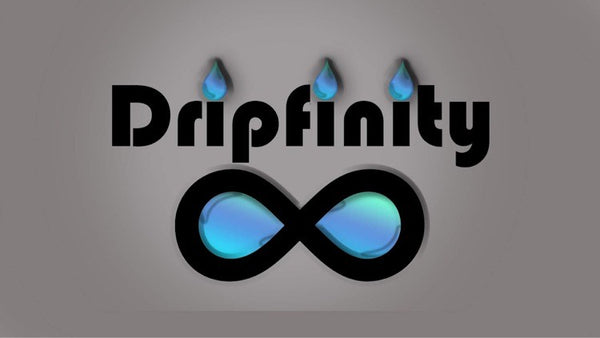Revolutionizing Knowledge Management: The Synergy Between Enterprise Search and LLMs for Bridging the Gap
Knowledge management has always been a critical aspect for businesses to stay competitive and efficient. The ability to effectively capture, organize, and retrieve knowledge can make all the difference in the rapidly evolving business landscape. Recently, the combination of enterprise search and machine learning models (LLMs) has emerged as a powerful solution for bridging the gap in knowledge management.
So, what exactly is enterprise search? Enterprise search refers to the practice of searching for information within an organization across various sources such as databases, documents, emails, and websites. It enables employees to easily and quickly find the information they need, ultimately increasing productivity and streamlining processes.
Incorporating LLMs into enterprise search takes knowledge management to a whole new level. LLMs are advanced AI models that learn patterns and extract meaningful insights from vast amounts of data. They can understand natural language, context, and relationships, enabling them to comprehend complex queries and provide accurate search results.
The synergy between enterprise search and LLMs revolutionizes knowledge management in several ways:
1. Enhanced Search Accuracy and Relevance
By leveraging LLMs, enterprise search platforms can understand the intent behind a user's search query, improving search accuracy and relevance. LLMs can decipher ambiguous terms, accommodate misspellings, and even consider the user's context to deliver the most appropriate search results. This not only saves time but also ensures users find the exact information they need.
2. Intelligent Recommendations and Insights
LLMs have the ability to analyze vast amounts of data and identify patterns and relationships that may not be immediately apparent. Enterprise search systems powered by LLMs can provide intelligent recommendations, suggesting relevant documents, articles, or experts in the organization. These recommendations can help users discover valuable knowledge they may have otherwise missed.
3. Streamlined Knowledge Capture and Organization
LLMs can assist in automatically categorizing and tagging information, making knowledge capture and organization more efficient. They can extract key concepts, entities, and metadata from unstructured data, enabling the categorization of documents and information based on content. This automated process saves employees' time and effort while ensuring accurate classification.
4. Continuous Learning and Improvement
One of the most fascinating aspects of LLMs is their ability to continuously learn and improve over time. As the system processes more data and user interactions, the model becomes smarter and more accurate in understanding and responding to queries. This iterative learning process enhances knowledge management by generating more precise search results and recommendations.
By bridging the gap between enterprise search and LLMs, organizations can transform their knowledge management practices. With enhanced search accuracy, intelligent recommendations, streamlined knowledge organization, and continuous learning, businesses can unlock the full potential of their collective knowledge.
In conclusion, the combination of enterprise search and LLMs is revolutionizing knowledge management. It empowers employees to access relevant information quickly, make informed decisions, and drive innovation. With AI technologies like enterprise search and LLMs becoming essential tools in businesses across industries, it's clear that AI is saving time and money every day. It's exciting to see how these advancements are shaping the future of knowledge management.
Visit Dripfinity Immersive Art to explore more about art and creativity!

